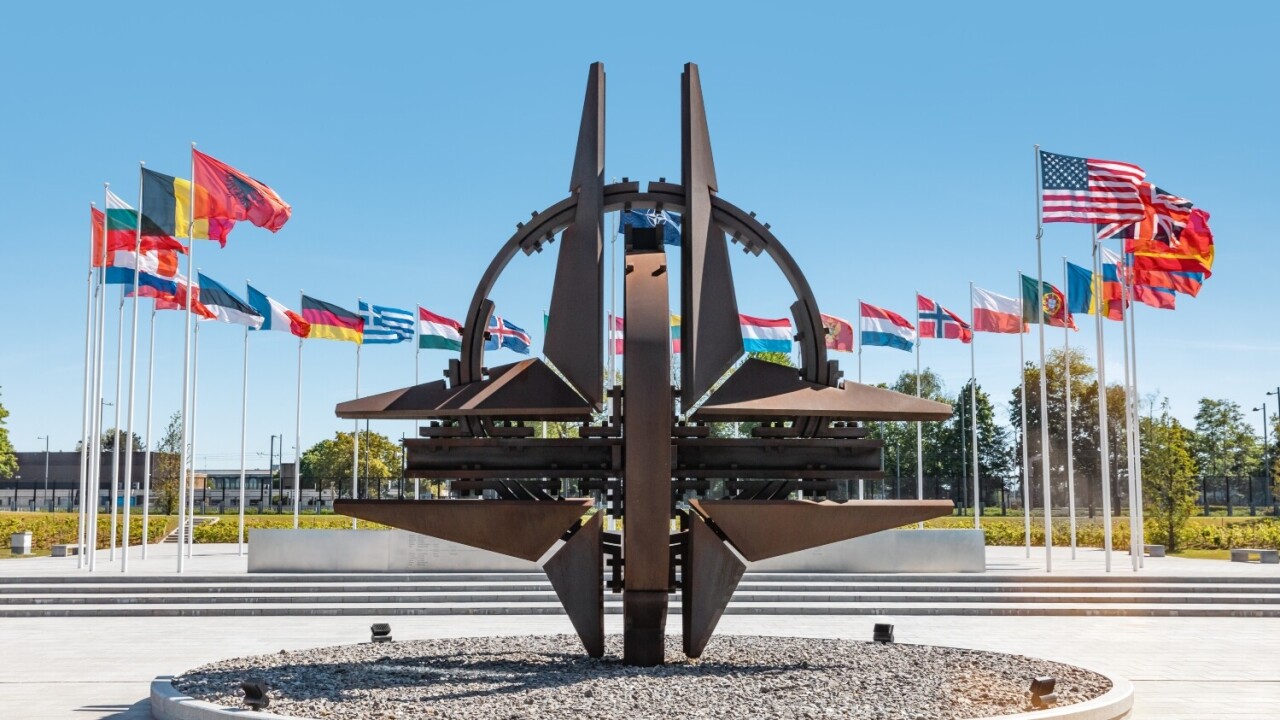The NATO Innovation Fund (NIF) has made its first investment in a biotechnology startup. The alliance's VC arm announced today that it's co-leading a $35mn Series A round for UK-based Portal Biotech as it seeks to strengthen NATO's defences against biological warfare.
Portal develops portable, AI-powered diagnostic devices capable of detecting pathogens at the single-molecule level. Unlike traditional lab-based systems, its platform is designed for field deployment. It aims to offer rapid, on-site identification of biological threats.
Ana Bernardo-Gancedo, senior associate at NATO Innovation Fund, told Reuters that this capability is crucial for defence and security. “We believe it is absolutely imperative that we are able to detect, monitor, and create countermeasures,” she said.
Set up in 2022 in response to Russia's full-scale invasion of Ukraine, the NATO Innovation Fund has over $1bn to invest in dual-use technologies, including AI, space, and energy resilience. Its move into biotechnology reflects growing concerns over the security implications of synthetic biology and potential biowarfare. These worries have intensified since the COVID-19 pandemic exposed how vulnerable societies are to biological threats, whether deliberate or not.
Portal's CEO, Andy Heron, said the company's sensors could be used for continuous environmental monitoring, spanning from open fields to municipal water supplies. “It allows you not just to detect what you did know was out there, but it allows you to detect what you didn't know,” Heron told Reuters.
The investment follows an $8mn contract awarded to Portal last week by the US Defence Advanced Research Projects Agency (DARPA). The deal will fund the development of a portable device to load therapeutic cargo into red blood cells, enabling field-based, personalised cell therapies in remote environments.
Founded in 2023, Portal has launched three product lines and signed over 50 commercial partnerships, the company said. Beyond defence applications, the dual-use tech could also aid in drug discovery and medicine by enabling scientists to quickly identify and characterise proteins.
NIF led the Series A investment alongside Berlin-based Earlybird Venture Capital. The round also saw participation from SCVC, Pillar VC, 8VC, Amino Collective, Outsized, We Venture Capital, British Business Bank, and Wilson Sonsini's venture arm WS Investment Company.
